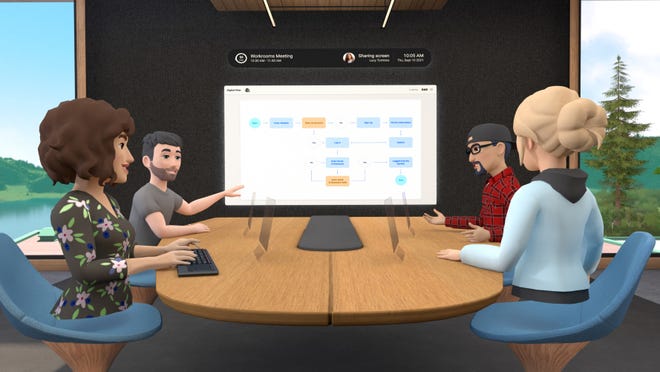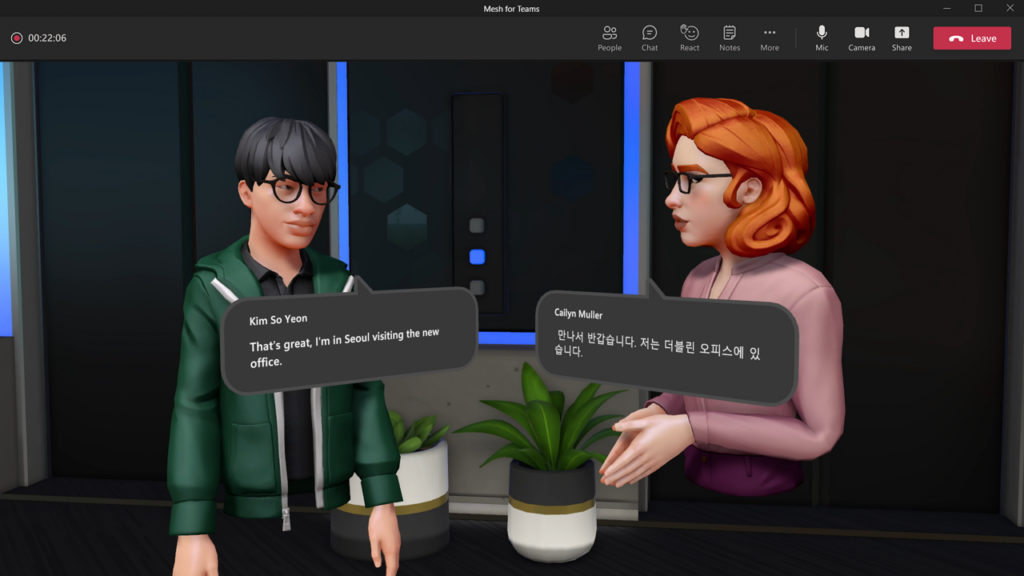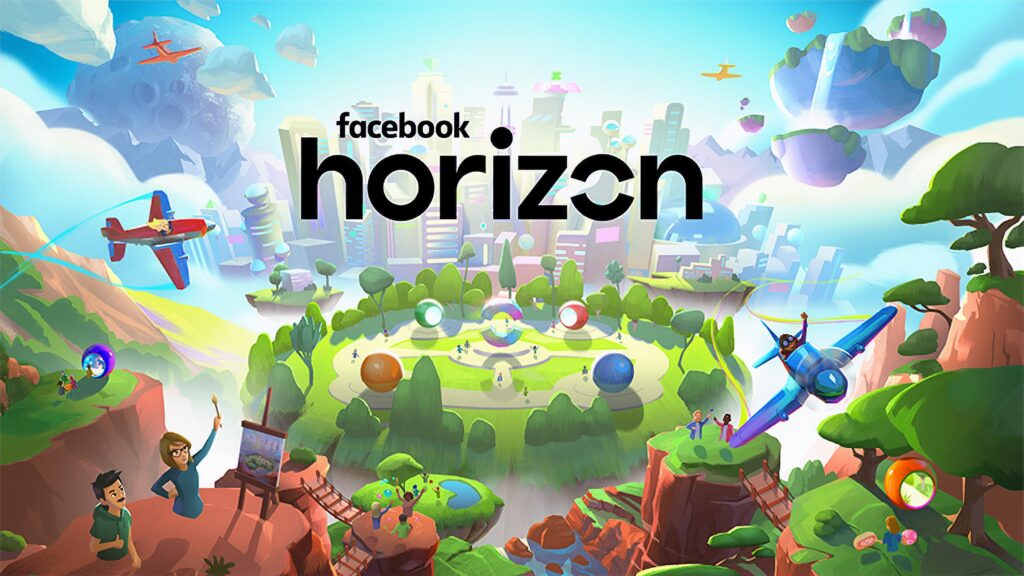
It’s time to talk about the Metaverse.
Ever since Facebook changed its name to Meta and rebranded itself as a “Metaverse company”, the Internet has been buzzing with talk about an immersive digital universe and the possibilities it could bring.
But it’s not just tech giants who are sold on the idea. The Seoul Metropolitan Government (SMG) recently announced that it will offer a new concept public service by launching its own version of the metaverse.
Provisionally named “Metaverse Seoul”, the goal is to create a virtual communication ecosystem for all areas of municipal administration, including economic, cultural, tourism, educational and civic service.
The South Korean capital has invested KRW 3.9 billion (about 3.3 million USD) into the project, as part of mayor Oh Se-hoon’s Seoul Vision 2030 plan, which aims to make Seoul “a city of coexistence, a global leader, a safe city, and a future emotional city”.
The project is set to kick off at the traditional Bosingak Belfry bell ring party on New Year’s Eve, which will take place both in the meta world and in reality. If all goes well, by the end of 2023, Seoul residents will be able to meet with avatar officials and file civil complaints by visiting a virtual city hall. They can also attend cultural events and tour historic landmarks by donning VR headsets.
Major tourist attractions in Seoul, such as Gwanghwamun Square, Deoksu Palace and Namdaemun Market, will be introduced in “virtual tourism special zones,” while lost heritage sites like Donuimun Gate, will be reanimated in virtual space.
There are also plans to harness artificial intelligence for sewer and water waste management, with an AI chatbot as a public concierge.
What is Metaverse?
“Metaverse”, a combination of meta (Greek word meaning beyond) and verse (from universe), refers to a shared three-dimensional virtual universe experienced through augmented and virtual reality technology.
The term was first coined in Neal Stephenson’s seminal 1992 novel, Snow Crash, and quickly percolated into the minds of Silicon Valley’s top players. In recent years, Metaverse platforms have become increasingly popular, and the COVID pandemic led to a surge in their influence, as the majority of people continue to shift their daily activities online.
Just days after Facebook changed its name to reflect its rising ambition, Microsoft introduced augmented and virtual reality meetings in Microsoft Mesh for Teams at its November Ignite Developer Event.
Both companies said users will be able to create customized avatars that move through virtual worlds, but while Meta’s vision is centered around social interaction, Microsoft is more focused on enterprise users and commercial applications such as remote meetings and virtual workspaces. The latter’s approach is also more gradual. Anyone can access Mesh on their smartphones and laptops without the need for chunky headsets and VR gear, which may cost anywhere between $300 and $600.
Several other companies have also tossed their hat into the ring, including Nvidia, the world’s leading GPU manufacturer, and Niantic Labs, the creator of the immensely popular AR game, Pokémon Go. But Seoul is the first major city government to announce its plan to reinvent the public sector using this new technology. Hopefully, this would remove spatial and physical barriers and extend the benefits of a connected virtual world to millions of citizens who otherwise may have been excluded.





